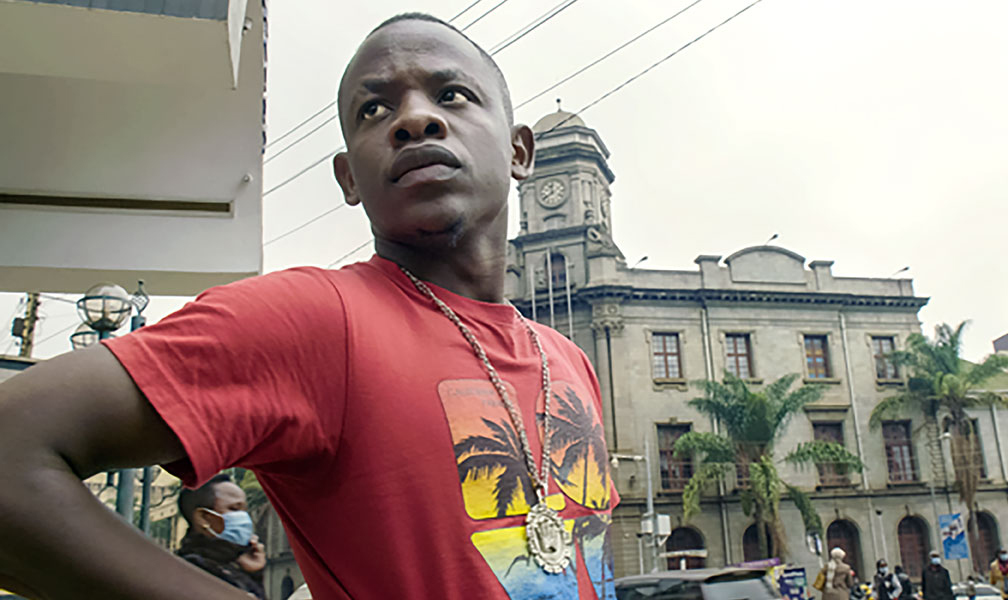In “Free Money,” Michael Faye, the co-founder and president of GiveDirectly, remembers how he didn’t know what to do with he cash being thrown his way after approaching Google for seed money for his nonprofit, taking advantage of improvements to online cash transfers to pour capital into poverty-stricken areas with the idea that there would be no strings attached. He recalls asking the online giant for $100,000 and though he wasn’t hopeful after someone at the initial meeting asked “are you smoking crack?” the counteroffer was for $2 million, excited by the possibilities of what direct payments of $22 a month could mean for people in communities where seemingly simple transactions are as much an issue to a living wage as much as any other.
Just how complicated is expertly captured over the course of four years by Lauren DeFilippo and Sam Soko in a brisk 78 minutes after traveling to Kogutu, Kenya, one of the first places where GiveDirectly is testing the project, aiming to set up all 29 households in the area with direct deposits for 12 years. This may seem like a relatively manageable situation, but DeFilippo and Soko see that it isn’t from the very start, with residents skeptical of accepting money in general that they didn’t work for, but particularly after others in the region have been burned by NGOs with lofty promises often don’t pan out in the long run. GiveDirectly appears to be on more solid footing, as employees go door to door enrolling residents and call them every so often after registered to the program to see how they’re doing and how they’ve spent the money, yet concerns crop up with who’s eligible for the program and who isn’t when nearby villages believe they’ll be part of the program, only to find out they aren’t, and the filmmakers follow the thread of Jael, a 16-year-old who isn’t home when the GiveDirectly employees take her household’s information, dooming her to a years-long effort to prove her residency.
There are happier tales like that of John, an 18-year-old who believes with the money he can take the computer programming courses he’d like to pursue in Nairobi, and even Jael’s mother, who can afford improvements to her home, but “Free Money” is able to illustrate a far more nuanced view of the situation than whether individual situations have improved or worsened when doing such a strong job of pointing out what subtleties make such charitable giving difficult to execute, as rigid metrics deciding who receives benefits and what those benefits are ultimately amounting to can easily ignore practical reality. Soko and DeFillipis are quite evenhanded with their access to Faye, but also journalist Larry Madowo, a DC-based, Kenyan-born correspondent for the BBC who can remember half-built houses that NGOs left unfinished in the area, and impressively give shape to what may be the biggest and most abstract concern with the operation, which is the expectations it creates. Wealth redistribution may be a tricky business, but “Free Money” divides its own rich observations equally.
“Free Money” will screen again at the Toronto Film Festival at the Scotiabank on September 12th at 3:35 pm and September 15th at 6 pm.




